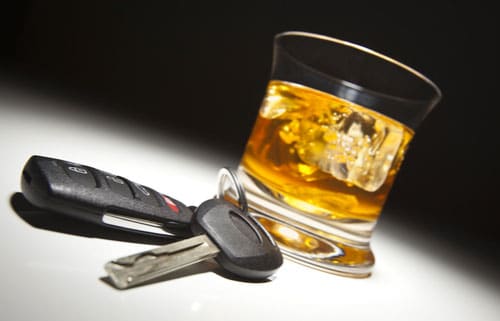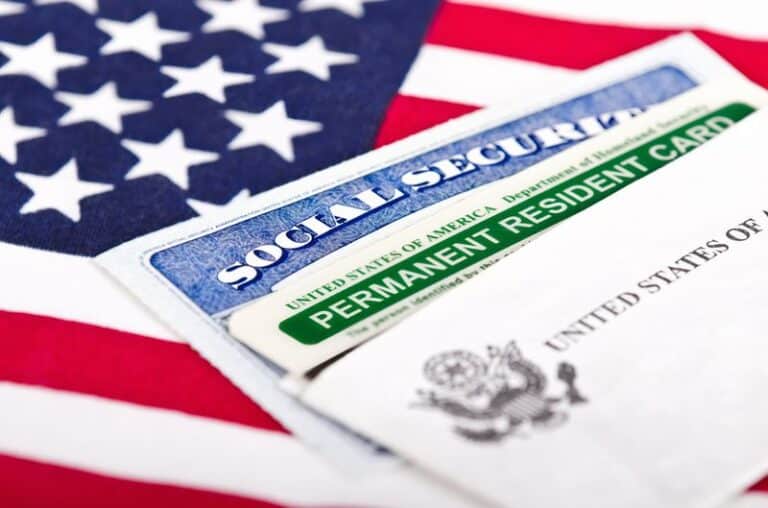Nobody would want to be accused of a crime falsely. However, at times, even innocent people can find themselves facing criminal charges in Nashville. This may happen if a witness or victim identifies the wrong person, leading to a situation when police may suspect that an innocent person has committed a crime. As a result, the innocent defendant can be wrongly accused and then formally charged with a crime they never committed.
Some Causes Behind Wrongful Criminal Charges in Nashville:
There can be numerous reasons for a person to be wrongfully charged. Sometimes, people intentionally make wrong accusations to save themselves, while other times, it is an honest mistake. No matter if it was done intentionally or unintentionally, getting accused of a crime that one has not committed could profoundly affect your life.
An innocent defendant may face embarrassment, society might ostracize them, and even when the charges are laid off, people would still think wrongfully of the person.
Here are some reasons why an innocent person can face criminal charges in Nashville for a crime that they have not committed:
- Eyewitness identification error
- False confessions
- Systemic discrimination
- False guilty pleas
- Tunnel vision
- Professional misconduct
- Errors in forensic science
- Jailhouse informant testimony
Things You Can Do if You Have Been Falsely Accused of a Crime:
If you are an innocent defender, here are a few steps that you must take to fight for your false accusations.
- Start gathering any physical evidence that you can. This could include things like clothes, photos, videos, or any other objects.
- Assemble any documents or records related to the case, like letters, financial or legal records, emails, etc. If the criminal charges are financial or business-related, you may need computer records, and even phone and GPS records, to prove where you were at the time of an incident.
- Focus your mind and make a list of any evidence from the crime scene, which may include objects, documents, bullet casings, or blood that you know exists.
- Also, enlist the possible witnesses or people you think may have information about the accusations. For all witnesses, get their contact information.
- Don’t be afraid to share all the gathered information with the attorney.
Things Not to Do:
Following are the things you must not do If you are falsely accused or charged with a crime.
- Do not even think about destroying the evidence that you think could hurt you or work against you. Doing so may cast you in an even more suspicious light, leading to severe criminal charges.
- Do not try to contact the victim about the case as this may be held against you.
- Do not talk to the law enforcement officers or other investigators in the absence of your attorney.
- Do not voluntarily submit to any testing that may include DNA tests.
- Do not give any evidence to law enforcement officers without consulting with your lawyer, even if you think that the evidence may show that you are not guilty.
Take help from an attorney in this situation. They will assist you better.
Investigation:
Once a defendant is formally charged, the prosecution and the defense spend some time to investigate and prepare the case and determine if the plea is appropriate and agreeable to all parties.
The defense is authorized to review all of the prosecution’s evidence and interview all witnesses before the trial starts. This is done regardless of the fact that evidence or witness is in favor of the prosecution or the defense.
The jury reviews the evidence presented and determines whether it proves guilt beyond a rational doubt. By reviewing the evidence and witness testimonies, the defendant and the defense attorney can evaluate if the prosecution is proven guilty beyond a reasonable doubt.
Plea Offer:
A plea offer may sound like a difficult option or even insulting, but it is worth considering all options when facing criminal charges. Getting the help of an attorney can evaluate whether the prosecution can prove that you committed the crime beyond a reasonable doubt. A plea deal where the offender pleads guilty to an offense might be suitable in this situation.
Trial:
At the trial, the prosecution presents the case against the suspect by having witnesses testify and introducing physical evidence. And the same is done by the defendant; both, the defendant and the attorney can decide the evidence that may be useful to present in the trial.
Contact an Attorney:
If there have been criminal charges in Nashville filed against you, know that you would need to find an excellent criminal defense attorney. Having a skilled and professional lawyer on your side is a massive help.



